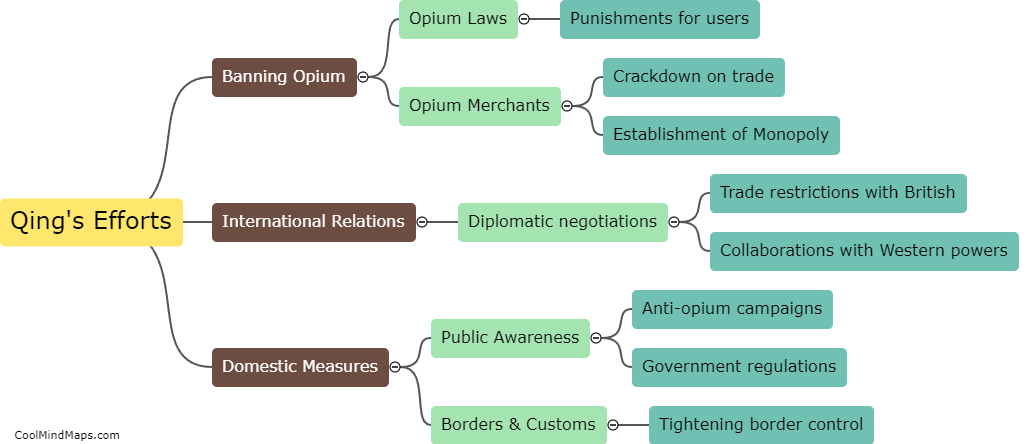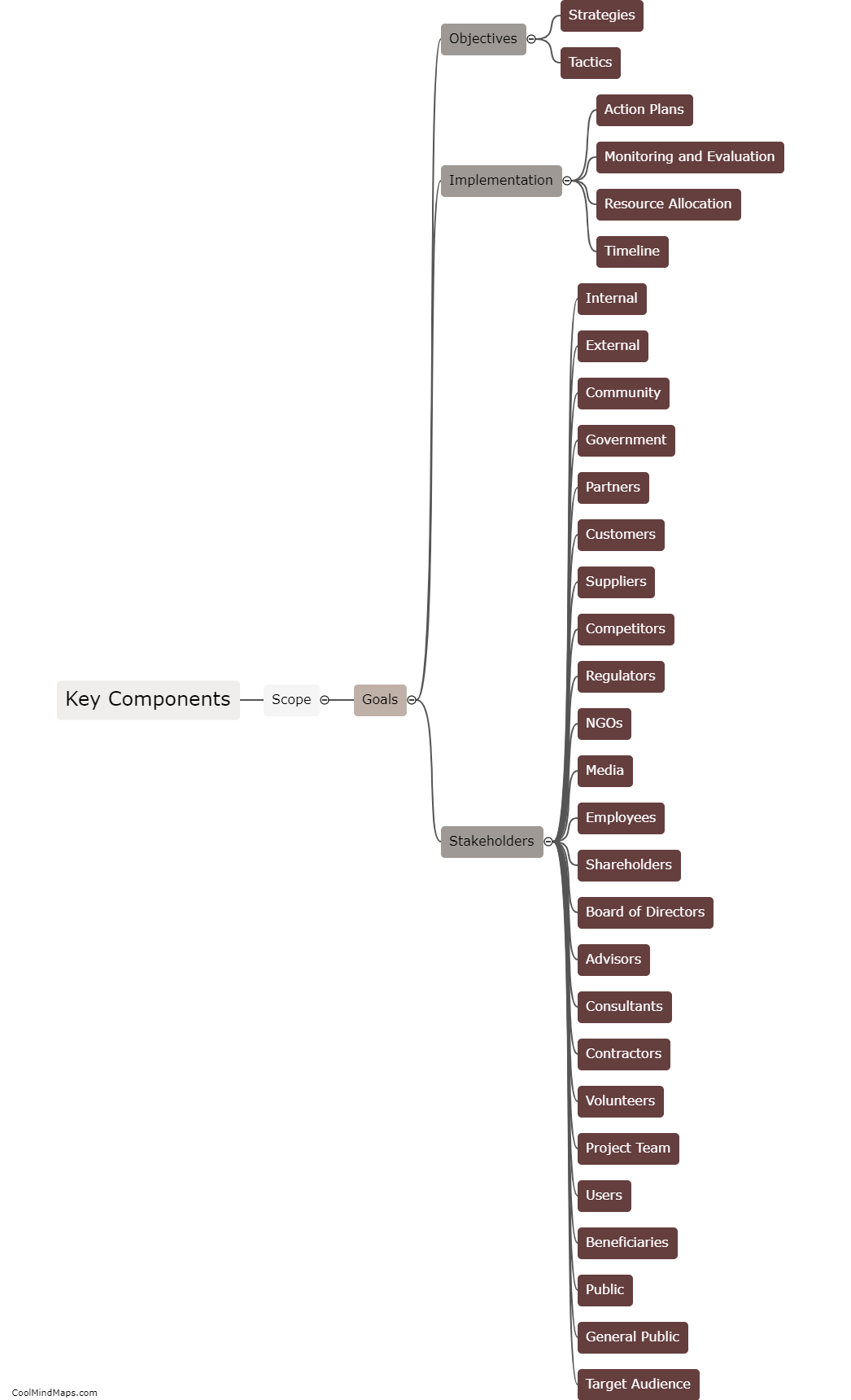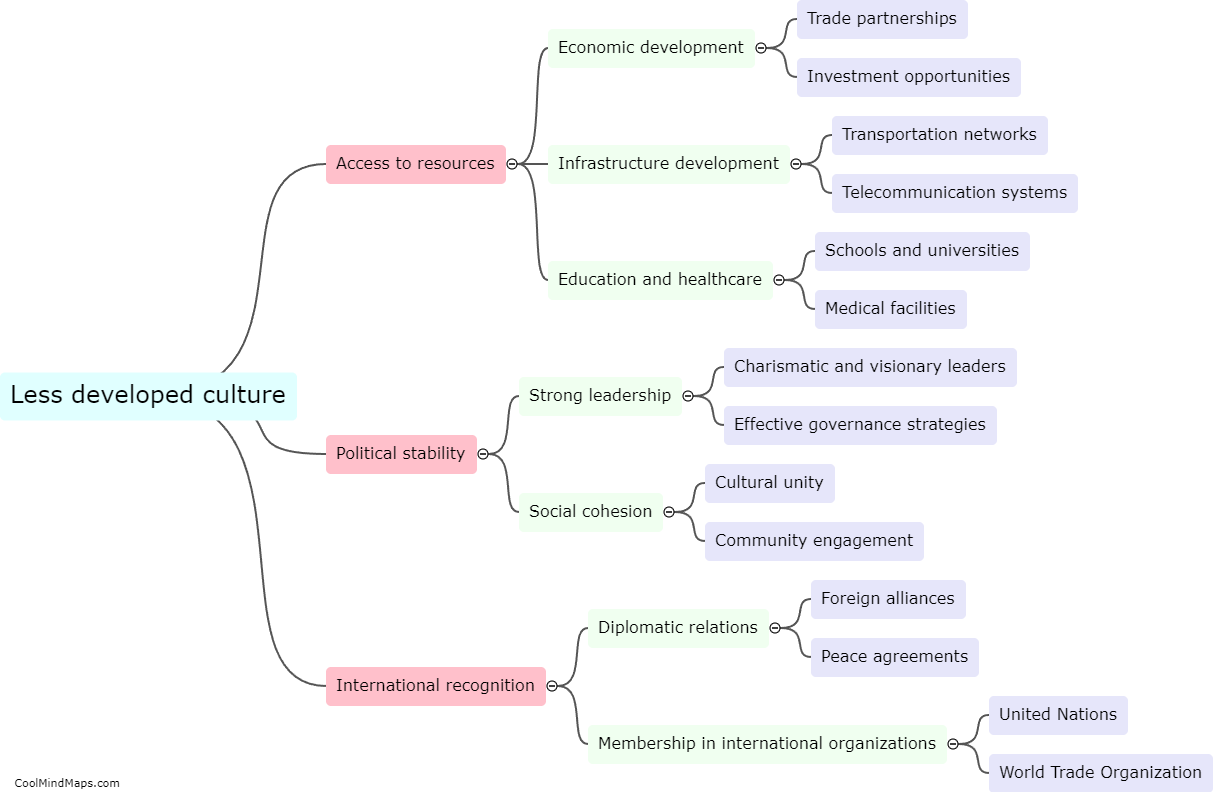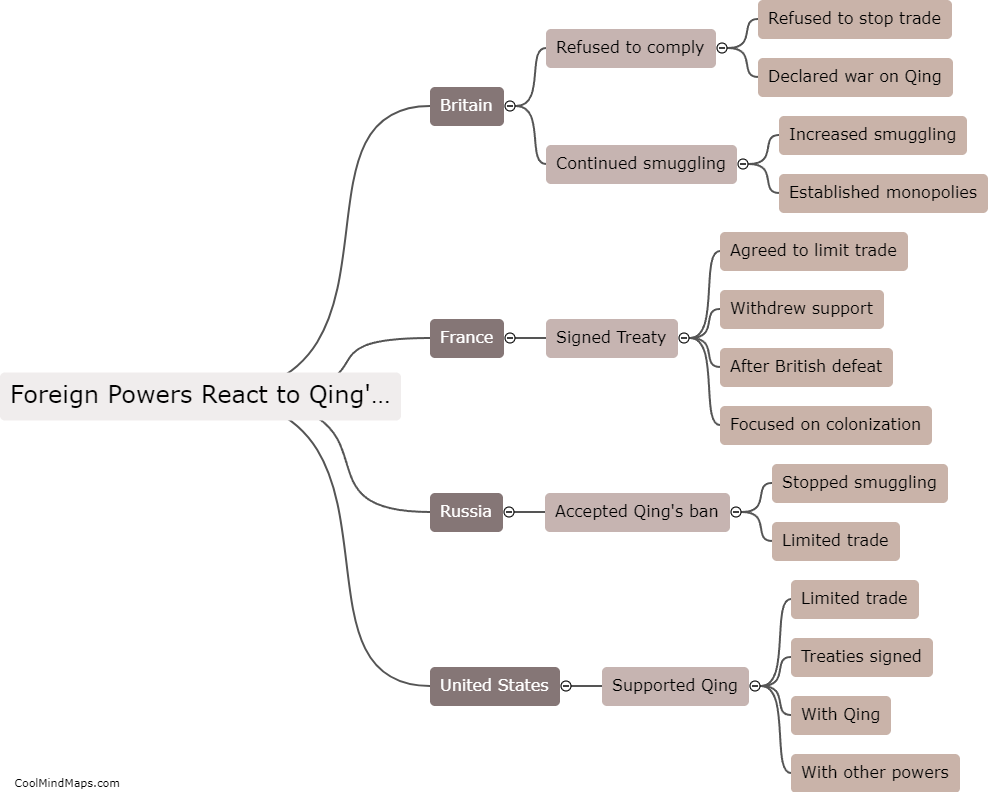What were the Qing's efforts to limit the opium trade?
During the Qing dynasty, the Chinese government made several efforts to limit the opium trade. The Qing authorities recognized the destructive impact of the opium addiction on Chinese society and economy, leading them to take actions against the trade. In 1729, Emperor Yongzheng banned the smoking and cultivation of opium. However, these efforts were largely ineffective, as opium addiction continued to spread. In the early 19th century, The Daoguang Emperor implemented more aggressive measures, including increased penalties for opium smuggling and the destruction of seized opium stocks. The government also issued several edicts and proclamations denouncing opium and promoting awareness of its harmful effects. However, despite these efforts, the opium trade persisted, ultimately resulting in the Opium Wars and China's forced acceptance of British concessions.

This mind map was published on 18 September 2023 and has been viewed 88 times.











